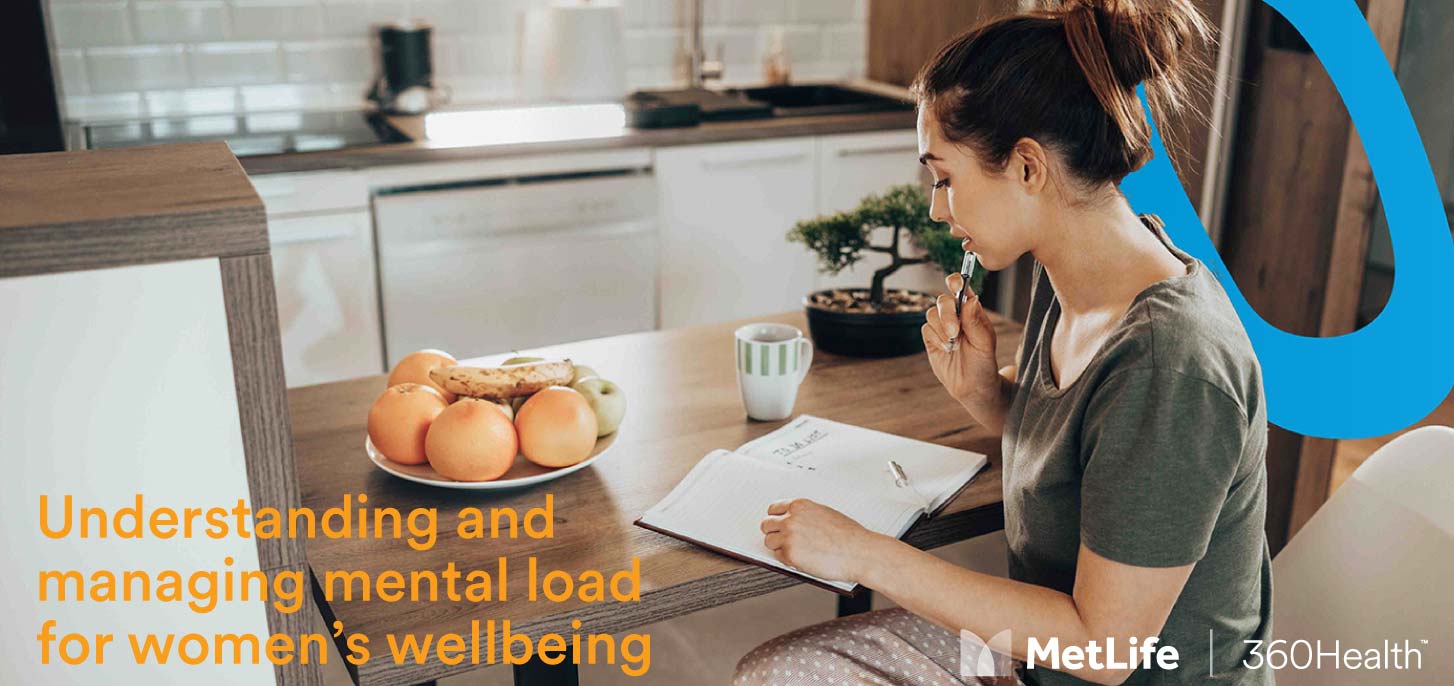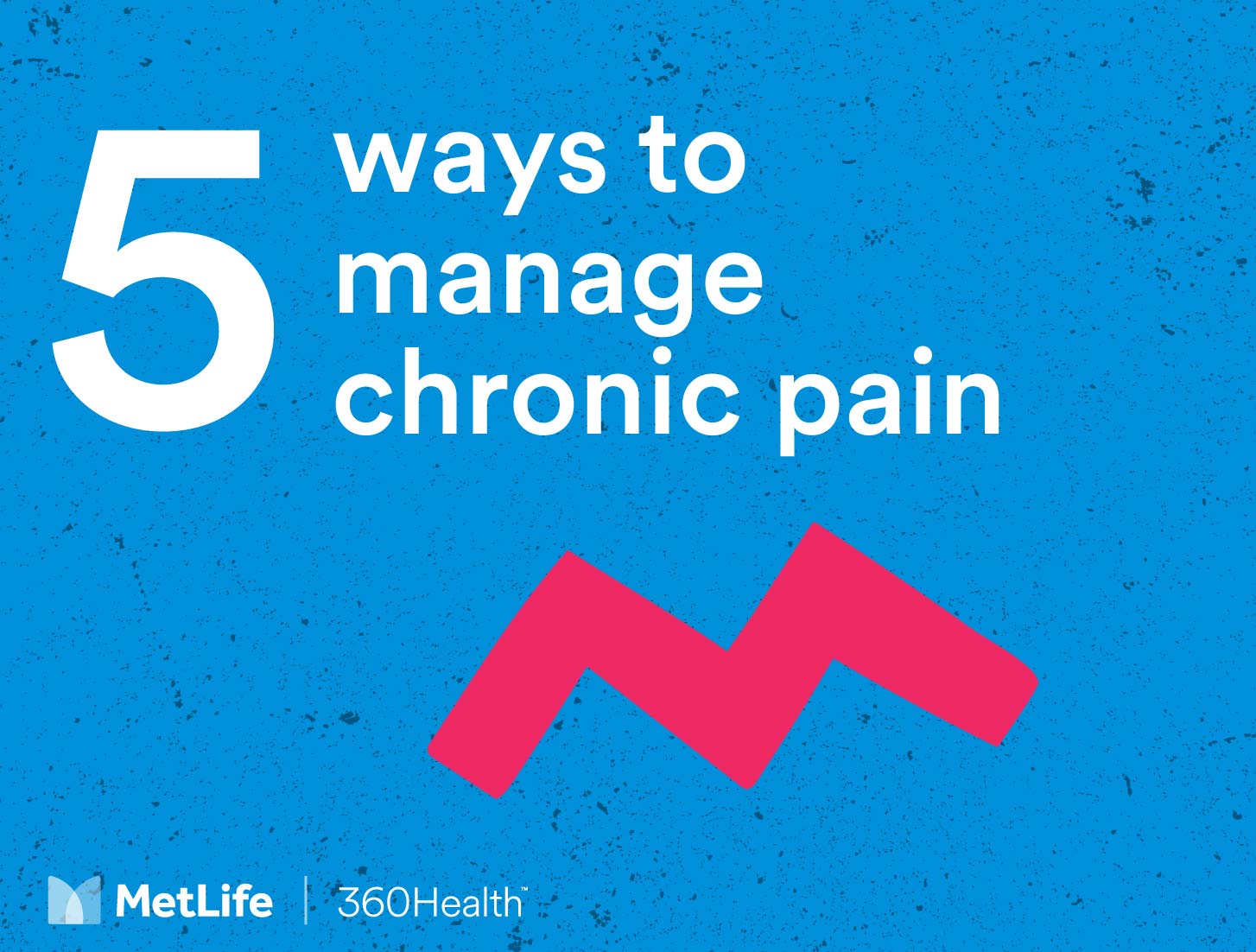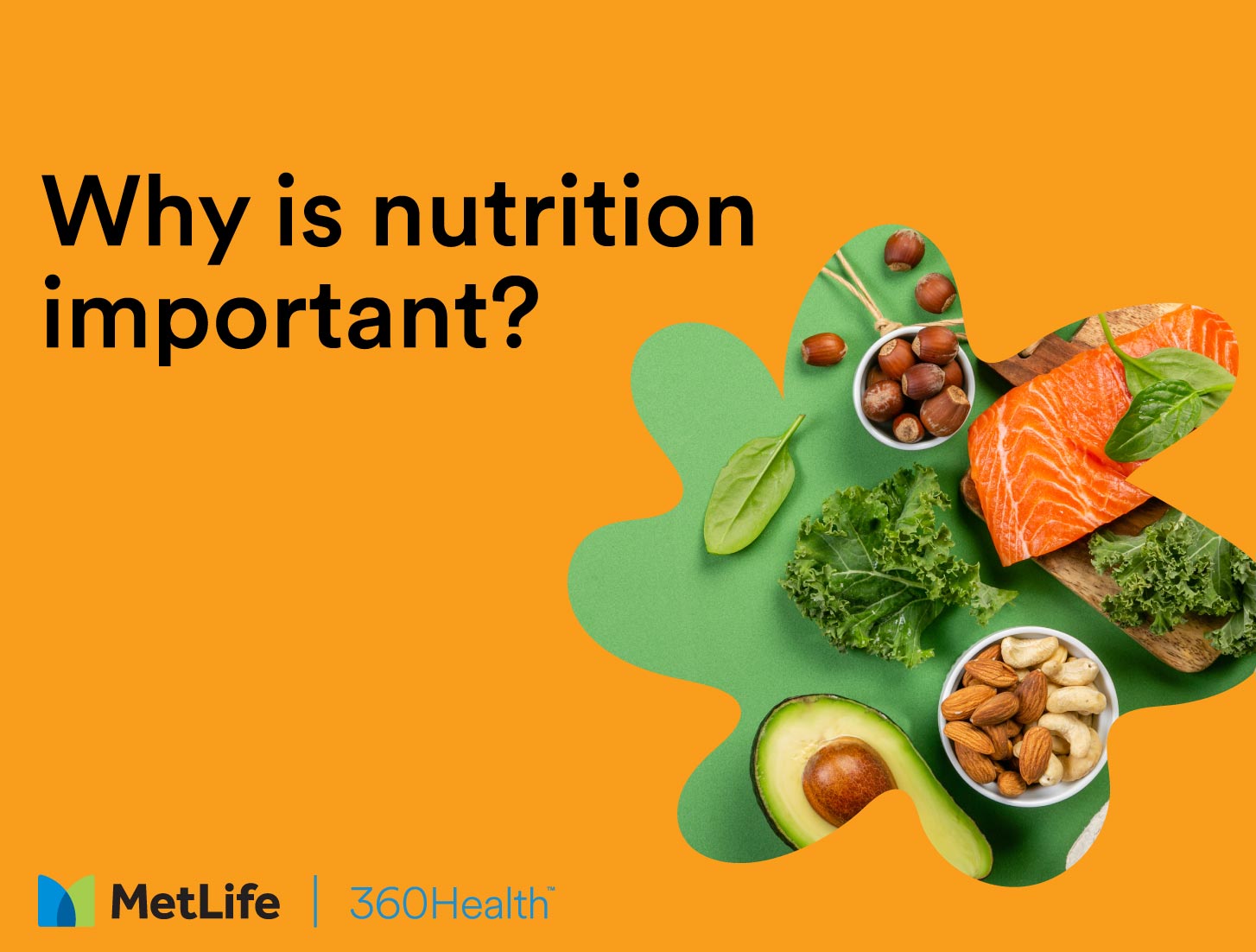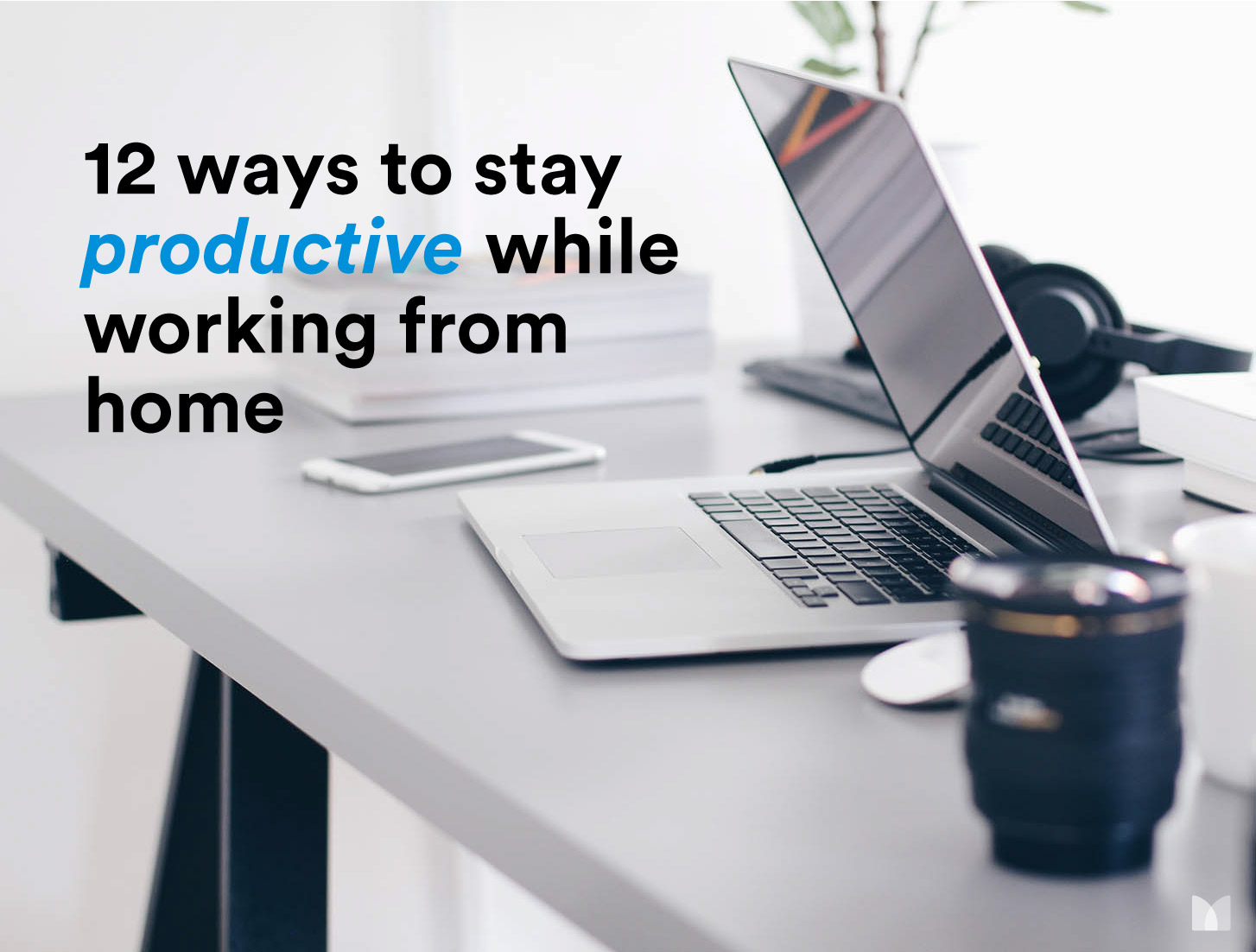
Mental Load refers to the often-invisible responsibilities of managing a household along with maintaining a job, social responsibilities and looking after others while also trying to look after yourself. These pressures are compounded for women, who often take carry most of the household burden which can lead to heightened stress levels, anxiety, and burnout, even when shared with a partner.1
Some examples of mental load take the form of the below:
- keeping track of parenting-related daily details, including after-school plans, permission slips, library book due dates, or paediatrician appointments
- checking in on kids’ physical and emotional needs
- making to-do lists, grocery lists, or chore charts
- purchasing and wrapping gifts for friends and loved ones
- scheduling date nights, holidays, and visits to family or friends
As with many mental health challenges, the unseen nature of the mental load means its impact might not be recognised until health issues arise. Prolonged stress due to the mental load can result in various health problems, including anxiety, depression, digestive issues, headaches, muscle tension, heart-related concerns, sleep disturbances, weight gain, and difficulties with focus.2
Yet, the most impactful change comes from open conversations—both at home, with friends and in the workplace. When discussed openly, the mental load can be understood and treated collaboratively, potentially transforming how we collectively manage its challenges. This may look like delegation, asking for help, creating a roster with a partner or friend group and most importantly, seeking professional help.
MetLife 360Health
For those seeking support, MetLife offers eligible policy holders and their partner and children over the age of 18, access to 360Health Mental Health Assist at no additional cost. Through the service you have access to an evaluation of your mental health by a team of experts in Australia, followed by up to two check-ins with a mental health nurse.
Explore these Resources
- Jean Hailes - Unpacking the mental load
- R U OK? (resources to help you start a conversation with those around you who may be struggling)
- SANE Australia (people living with a mental illness) Phone: 1800 18 7263
- Beyond Blue (anyone feeling depressed or anxious) Phone: 1300 22 4636 or chat online
- Black Dog Institute (people affected by mood disorders) Online help
- Lifeline (anyone having a personal crisis) Phone: 13 11 14 or chat online
Remember, reaching out for help is a sign of strength, not defeat.
References











